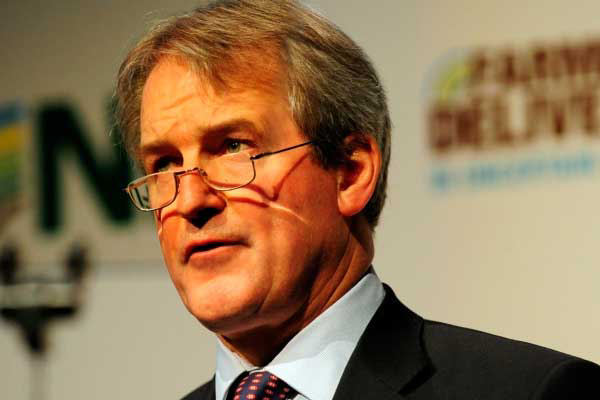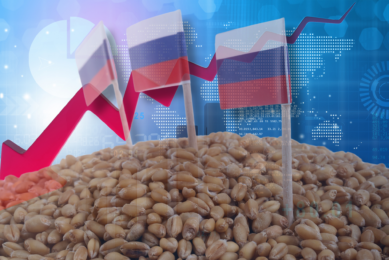UK govt will help GM companies remove barriers

In a speech given at Rothamsted Research in Harpenden, Hertfordshire, the UK’s Environment Secretary, Owen Paterson said that the UK was the natural home for scientific research and that the Government would work with companies to overcome any barriers to them setting up.
Since 1996 there has been a 100-fold increase in the use of GM. Last year, GM crops were grown by 17.3 million farmers in 28 countries on 170 million hectares. That’s 12% of global arable land – an area around 7 times the size of the United Kingdom. However, less than 0.1% of global GM cultivation occurred in the EU.
According to Paterson, Europe risks being left behind. He said that he wanted the UK to have a leading role in feeding the world and increasing the resilience of global food supplies… and if there are barriers preventing them from setting up their research and development activities here, this Government will help overcome them.
Paterson acknowledged that there are a variety of views on GM technology. But he believes if used properly, GM promises effective ways to protect or increase crop yields. He said that he is not suggesting “wholesale adoption of GM in the UK’s food chain” – people should be free to choose.
The Environment Secretary explained that it was important to work with other European countries to find a way forward for GM.
“While I acknowledge the views of other Member States, I want British researchers and farmers to have access to the latest technologies so that they can reap the economic and environmental benefits.”
“We risk driving scientific and intellectual capital away from Europe for good. This will reduce our ability to develop and deploy crucial tools which could help ensure European agricultural production meets future demands while protecting the environment.
We need evidence-based regulation and decision-making in the EU. Consumers need accurate information in order to make informed choices. The market should then decide if a GM product is viable. Farmers are also consumers but right now that market is not functioning and they are being denied choice. That’s why I want to explore ways of getting the EU system working, as this will encourage further investment and innovation.”
In conclusion Mr Paterson said that the problems we face in feeding ourselves in 40 years’ time are very real and something we have to prepare for right now.











